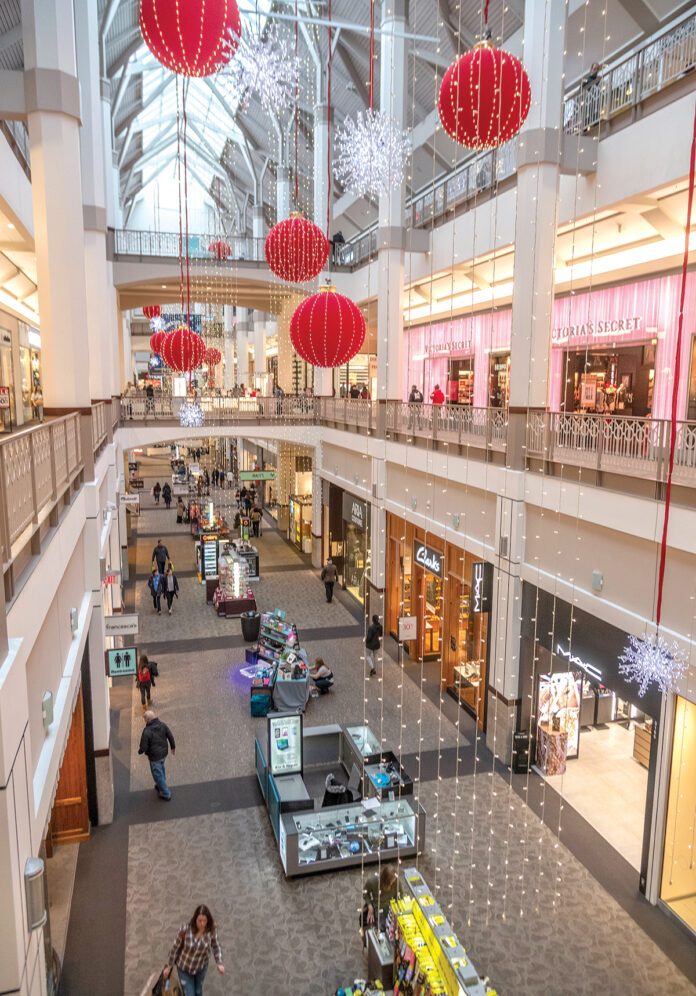The good news for local malls is their long-predicted demise, like Mark Twain’s prematurely reported death, has been exaggerated. The bad news is the dire predictions may yet claim some of them among the casualties on the ever-changing retail landscape.
Local mall operators we spoke to in this week’s cover story appear to have a clear-eyed perspective on the challenges they face, however, having already dealt with the Great Recession and its after-effects.
For some, the changes have already been dramatic.
The former Rhode Island Mall in Warwick has a new name [Midland Commons], new owners and stores, and offers a very different experience for shoppers. The new owners eliminated the indoor common area, a key part of the identity of traditional malls, and attracted “junior box” retailers to help replace a struggling anchor.
Other malls have retained the traditional appearance and common areas but are more focused on entertainment and activities to bring in customers.
Competition is becoming less about online sales, since they all sell that way too, and more a survival of the fittest – which is as it’s always been in retail.
There are as many malls today nationally as there has ever been, according to the International Council of Shopping Centers. But their growth has slowed dramatically in the last decade.
And UBS Group AG sees 75,000 stores closing nationally by 2026, due to online shopping.
Midland Commons co-owner MCB Real Estate sees that not as the end for malls but what Managing Partner P. David Bramble called “a thinning of retail.” Malls won’t perish en masse, but weak retailers will continue to do so.













